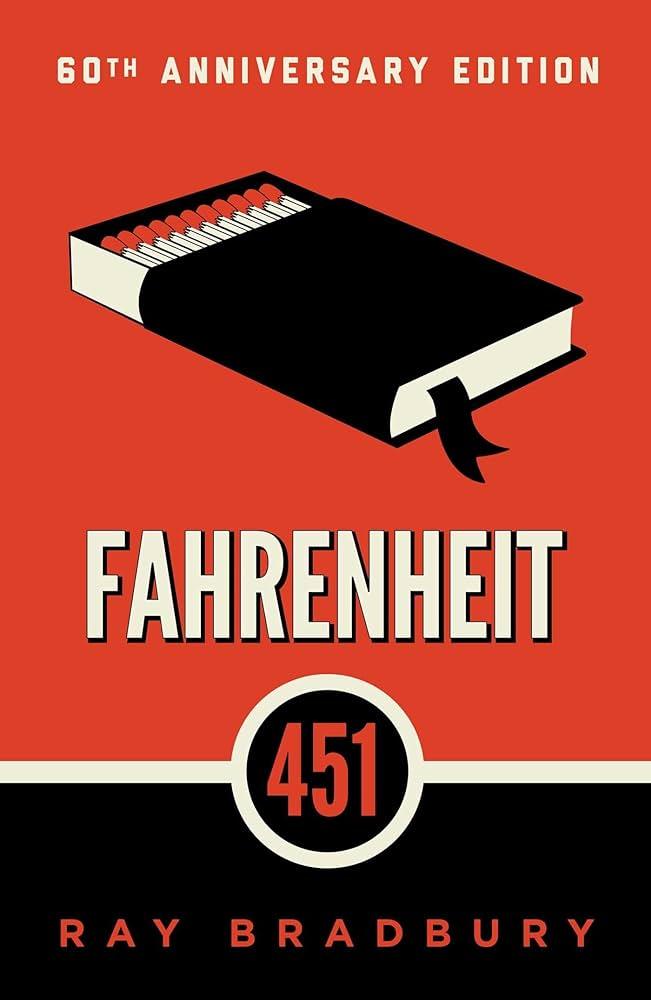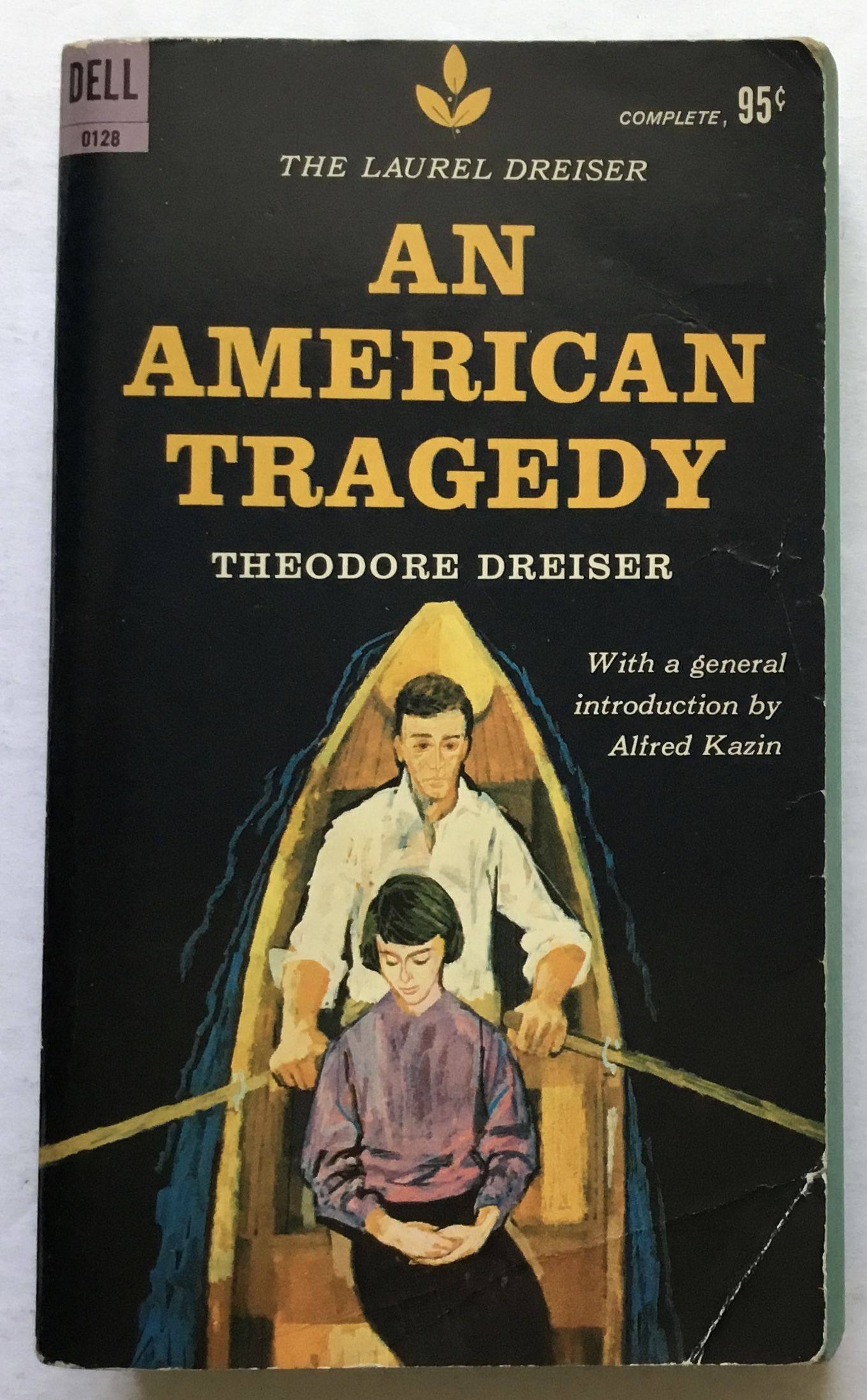Business
Fahrenheit 451" by Ray Bradbury: A World Without Books

Ray Bradbury’s "Fahrenheit 451" presents a chilling view of a future where books are banned, and firemen burn them to control knowledge and free thought. This dystopian society relies on the systematic destruction of literature to ensure its citizens remain submissive and unchallenged. The novel explores the consequences of such suppression, emphasizing that without books, the pillars of culture and intellectual freedom crumble, leading to a dangerous world devoid of true individuality and creativity.
In Bradbury’s world, books symbolize more than just stories—they are repositories of human knowledge, experience, and emotion. When these are erased, society loses its history and the wisdom that comes from it. The danger lies in the homogenization of thought, where people are no longer encouraged to think critically, ask questions, or seek truths beyond what they are spoon-fed by authorities.
Censorship, as depicted in "Fahrenheit 451", leads to intellectual stagnation. By erasing books, the government removes the ability to challenge its ideologies. Citizens are lulled into a state of passive consumption, relying solely on shallow entertainment. The absence of literature means the absence of dissenting voices, creating a population that no longer questions the status quo.
The novel also touches on how such a society strips people of their freedom to feel deeply and connect meaningfully with others. Books are a reflection of our shared humanity, and their destruction symbolizes the erosion of empathy and understanding. Without them, relationships become shallow, and people lose the ability to think independently and emotionally engage with the world around them.
Bradbury warns that the destruction of books is a metaphor for the destruction of free thought. The real danger is not just in the physical burning but in the psychological impact it leaves on a population deprived of diverse ideas. When culture is reduced to bland uniformity, creativity dies, and so does the potential for progress.
"Fahrenheit 451" serves as a cautionary tale, urging us to recognize the importance of preserving culture, knowledge, and intellectual freedom. As we move into an increasingly digital world, the lessons of Bradbury’s novel remain relevant. Protecting our right to access diverse ideas, whether in books or other forms, is essential to maintaining the freedom of thought that is the foundation of any thriving society.
This novel reminds us that books are more than just ink on paper—they are the embodiment of our collective consciousness, and losing them means losing our cultural heritage and the freedom to think for ourselves.










